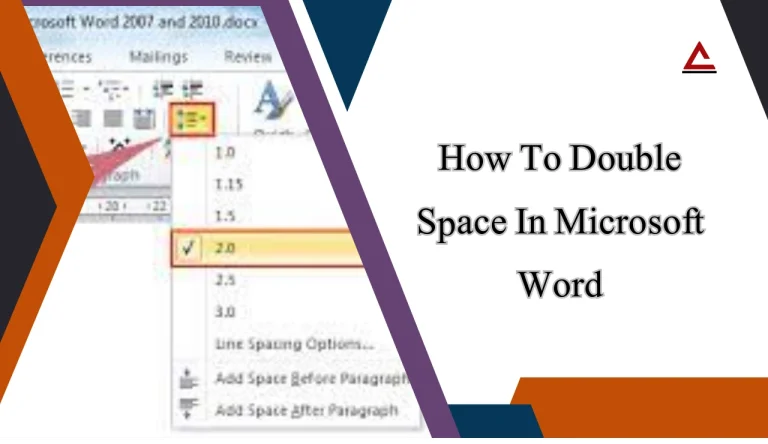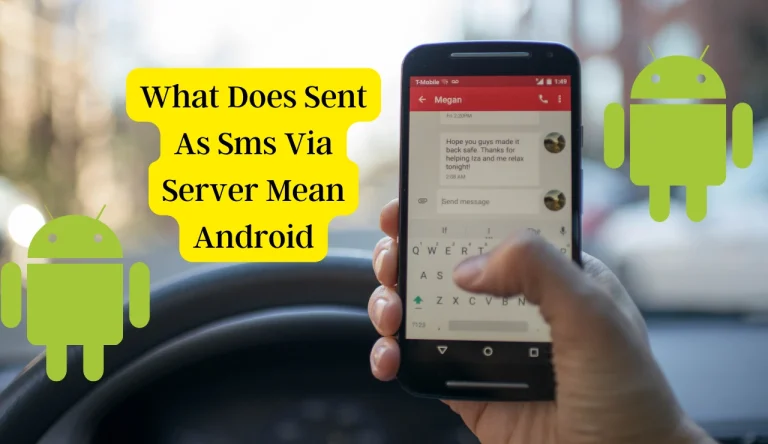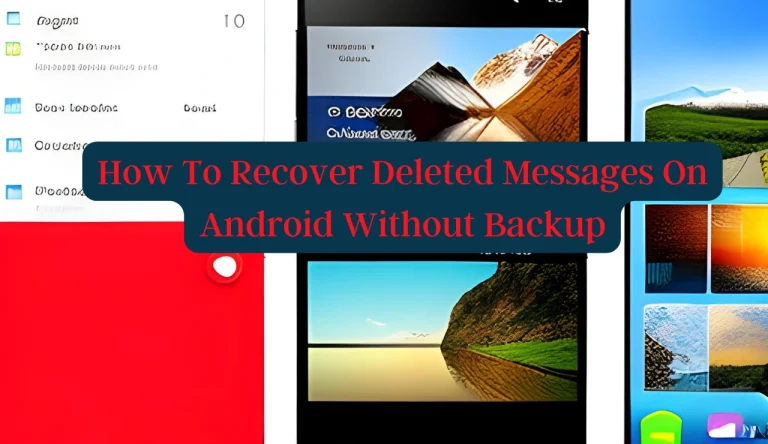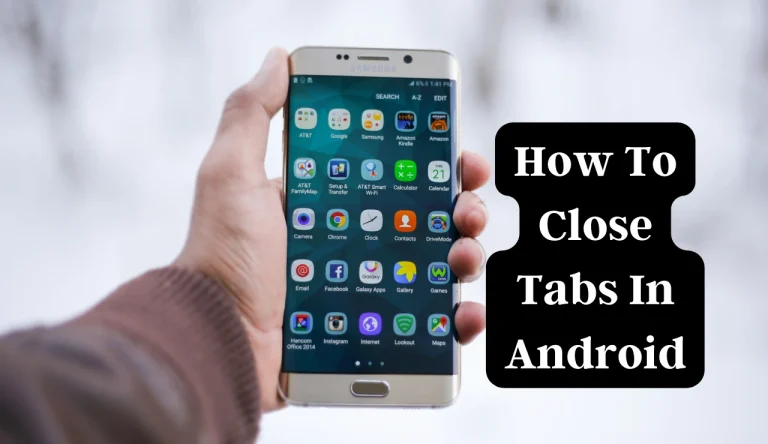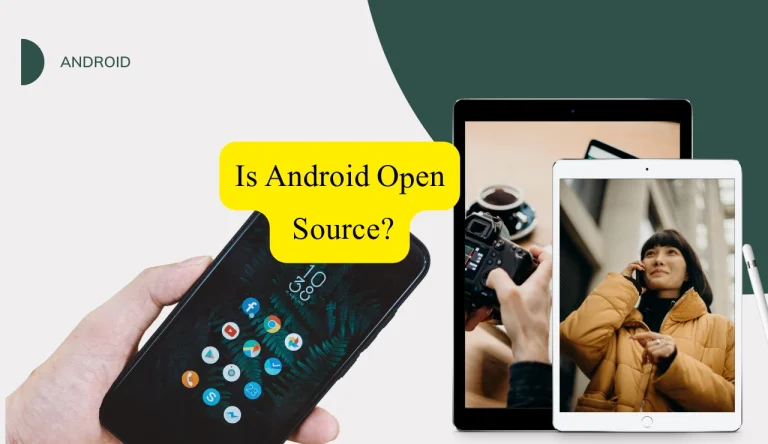How a VPN Can Protect Your Online Privacy

Cybercriminals and identity thieves can intercept and steal your personal information regardless of whether you access your bank account or check your email via a public Wi-Fi network. By building a secure tunnel from your device to the internet, a VPN shields you from harm.
VPNs use encryption to scramble data into unreadable jumbles that only the VPN server can decipher with the key.
Anonymity
In addition to protecting your data from snoopers, what is a VPN used for? a VPN can help you bypass geographic restrictions on online content. Many streaming services restrict their content to users in specific regions, which can be annoying if you travel frequently or want to see a particular video. A VPN allows you to change your IP location, which makes it appear to the website that you’re connecting from a different region.
When you connect to the internet using a VPN, your data is routed through a secure tunnel to one of your provider’s servers. This encrypts and hides your connection under code so only the VPN server can decipher it. This means snoopers on public Wi-Fi networks can’t intercept your login credentials, messages, or other personal information.
Consumers depend on VPNs to safeguard their data from snoopers even though they were first designed to allow distant workers to access corporate networks securely. The best VPNs encrypt all data sent and received on your devices, including email messages, login credentials for social media accounts, and bank account information. As a result, hackers won’t be able to steal your data and use it to extort money from you or steal your identity. Additionally, it will defend you when using public Wi-Fi to access websites for banking or shopping.
Encryption
Data transmission via the internet is open to eavesdropping. This is because unencrypted plain text protocols make it simple for hackers and spy agencies to access your conversations, files, and visited websites. Your data is encrypted by VPN services, making it unintelligible to other parties. This is one of a VPN’s most crucial functions for online anonymity.
When you use a VPN, all your devices connect to the internet through an encrypted tunnel. This protects all of your devices, from your laptop to your smartphone, from cyber thieves that could otherwise access the personal information you send and receive using those devices. This is especially helpful when using public Wi-Fi, where your data is more likely to be exposed.
Many VPN services also offer a wide range of servers around the world. This means you can choose servers in locations that are closest to your location, which might improve your connection speed. This also lets you connect to servers in countries that don’t have the same censorship laws as yours, which can be useful when browsing geo-restricted content or avoiding censorship on social media. Some VPNs even let you change your location in the app, so you can appear to be in a different country when viewing videos on a site that only allows users from the US.
Security
If you’ve ever logged into your online bank account on public Wi-Fi or searched for information about a medical condition while at work, you know the internet can leave an indelible digital footprint. While the web can be useful for many purposes, online privacy is an increasingly important issue, especially since identity theft, cyberattacks, and government surveillance are real concerns.
A VPN’s underlying technology is encryption, which scrambles your data into unreadable code that only your device and the VPN server can decode. This makes VPNs so effective for protecting your privacy – all the information that travels between your device and the servers you connect to via the internet is encrypted, meaning no one can see what you’re doing or who you’re communicating with.
While this is a great way to protect your privacy, there are some other ways that VPNs can keep you safe online. For example, a VPN can mask your location to make it appear you’re connecting from another place on the globe. As a result, you can bypass censorship and geo-blocks on media websites while still accessing your favorite content. In addition, a VPN can also hide your browsing history from your Internet Service Provider, which helps to prevent your ISP from selling or sharing your personal information with third parties.
Privacy
It goes without saying that internet privacy is seriously threatened by cybercriminals. They have the ability to eavesdrop on you online, take your personal information, and use it to perpetrate fraud and identity theft. Your devices, including as desktop computers, laptops, and mobile phones, may be protected from these dangers with the aid of a VPN.
When you connect to the internet through a VPN, all of your traffic is routed through an encrypted tunnel between your device and the VPN server. This means your data is scrambled so hackers and other cybercriminals can’t read it. It also prevents the government or other authorities from monitoring your online activity and censoring the topics you search for or message about.
Another way a VPN can help you protect your privacy is by hiding your location. This is useful if you’re trying to access content that would otherwise be geo-blocked in your country. For example, suppose you want to watch a video only available in the United States. In that case, your VPN can send all of your internet traffic through a server in the United States so that it appears to the video streaming service as if you are in the US.
When choosing a VPN provider, ensure they have servers in multiple locations. This will allow you to choose the best one based on your needs. You’ll also want to be sure that they have a no-log policy so that they don’t record your online activities.


